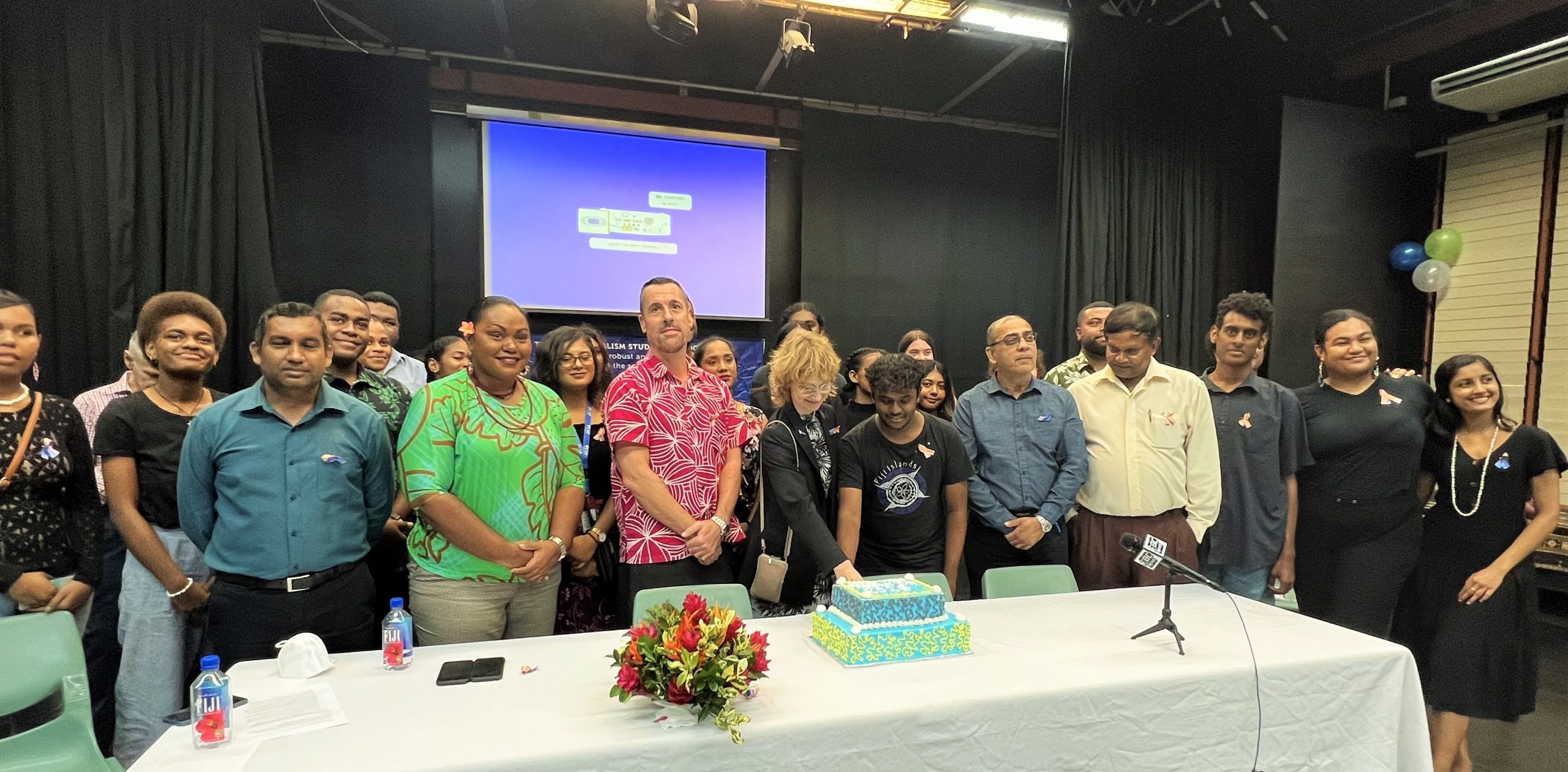By Sera Tikotikovatu-Sefeti
The move by some countries across the region to introduce laws and policies to limit media freedom is a direct breach of their legal obligations under the UN human rights treaties to protect and promote freedom of expression.
That was the message from the regional representative of the office of the UN High Commissioner for Human Rights, Heike Alefsen, speaking at a World Press Freedom Day event organised by the University of the South Pacific(USP) Journalism department.
“The Universal Declaration of Human Rights and its cornerstone of democratic societies is no lofty goal; it is enshrined in international legal documents in a number of UN human rights treaties, which many Pacific islands also constitute,” Alefsen said.
She cited UNESCO statistics that showed that over the past five years, approximately 85 percent of the world’s population experienced a decline in press freedom in their country. Some of this is a direct result of a “multitude of new laws and policies changed or introduced since 2016 which limit freedom of expression… these laws contains emphasise language in either defamation or what constitutes, for example, hate speech and other types of expressions,” Alefsen noted.
“So they pose a threat to freedom of expression. Our high commissioner Volker Turk has been concerned by the rising use of criminal defamation laws to silence criticism to curtail public discussion and protect the interests of powerful political and economic elites in countries all around the world,” she said.
Also speaking at the event, The Fiji Times Editor-in-Chief, Fred Wesley, reflected on the years of being subjected to the now-repealed Media Industry Development Act (MIDA) 2010.
Wesley said, “I remember simple, easy adjustments I had to make to stay safe and stay out of trouble every day, and in one instance, to the extent of having to hide one of our senior staff members and the family because the military was after her.
“I had seen a staff member sleep in the cell. Why? Because the order came from the top.”
According to Wesley, “In the years where the people of Fiji were expected to accept things the way they were dished out and consider that novel, there has to be a different take, one that encapsulates the freedom of expression and opinion on a very high level.”
After years of suppression and walking on eggshells, the news that the act had been repealed invoked so many emotions for journalists across Fiji.
“I was attending a workshop at Port Vila when the MIDA Act was repealed. I got a message from my team back in Suva. I remember they were full of emotions and went through my mind that morning. All the years fighting for the removal of the MIDA Act, it was overwhelming,” Wesley said.
He adds, “I remember trying to keep the tears away, a weight was removed off my shoulders and the shoulders of those who have always worked to keep me away from jail, and that’s a harsh reality.”
Also speaking on the panel, Dialogue Fiji Executive Director Nilesh Lal said: “The repeal of MIDA has essentially led to the complete liberalisation of the media industry, in media reporting in general, so now in Fiji, what we have seen is that we have this tendency to go from one extreme to the other.
“On several occasions, the new government is currently having this honeymoon period with the media; it’s good that they are making good on some of the main points that they made, but we will see how the relationship evolves,” he said.
SOURCE: ISLANDS BUSINESS/PACNEWS













